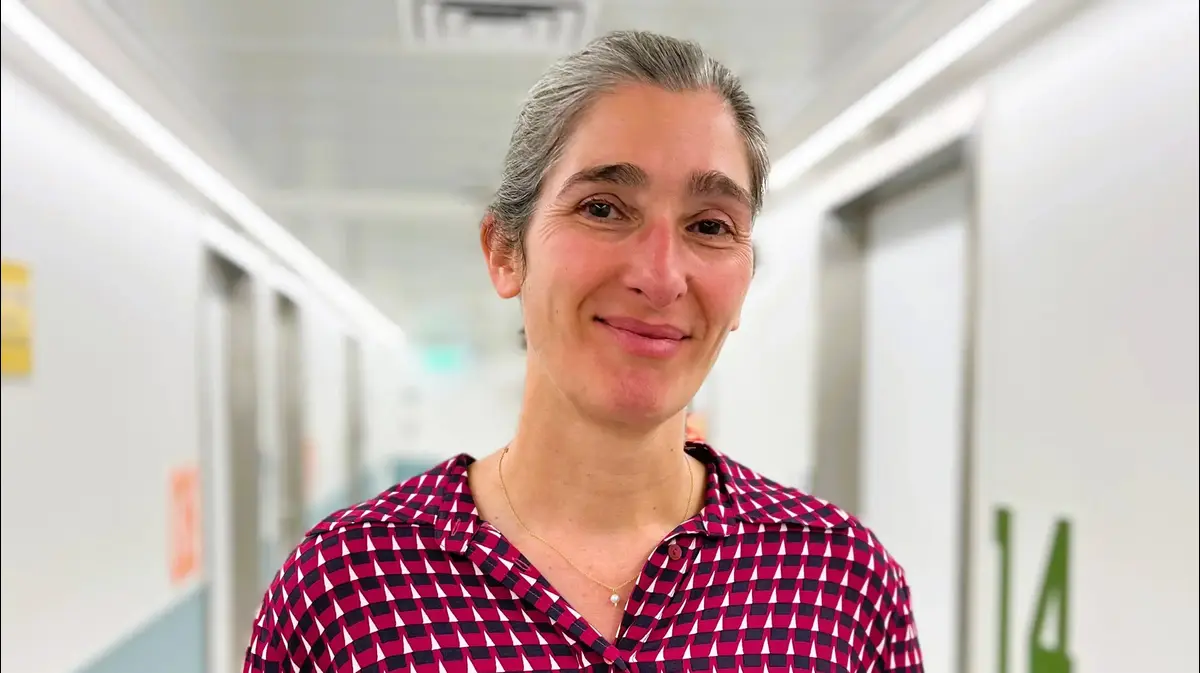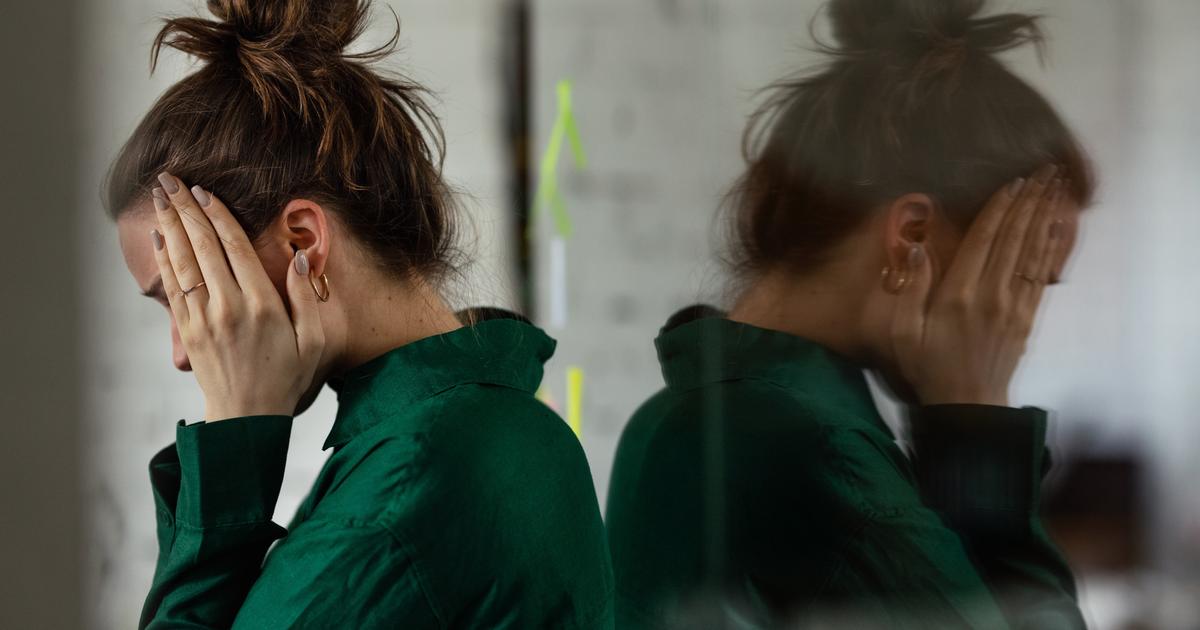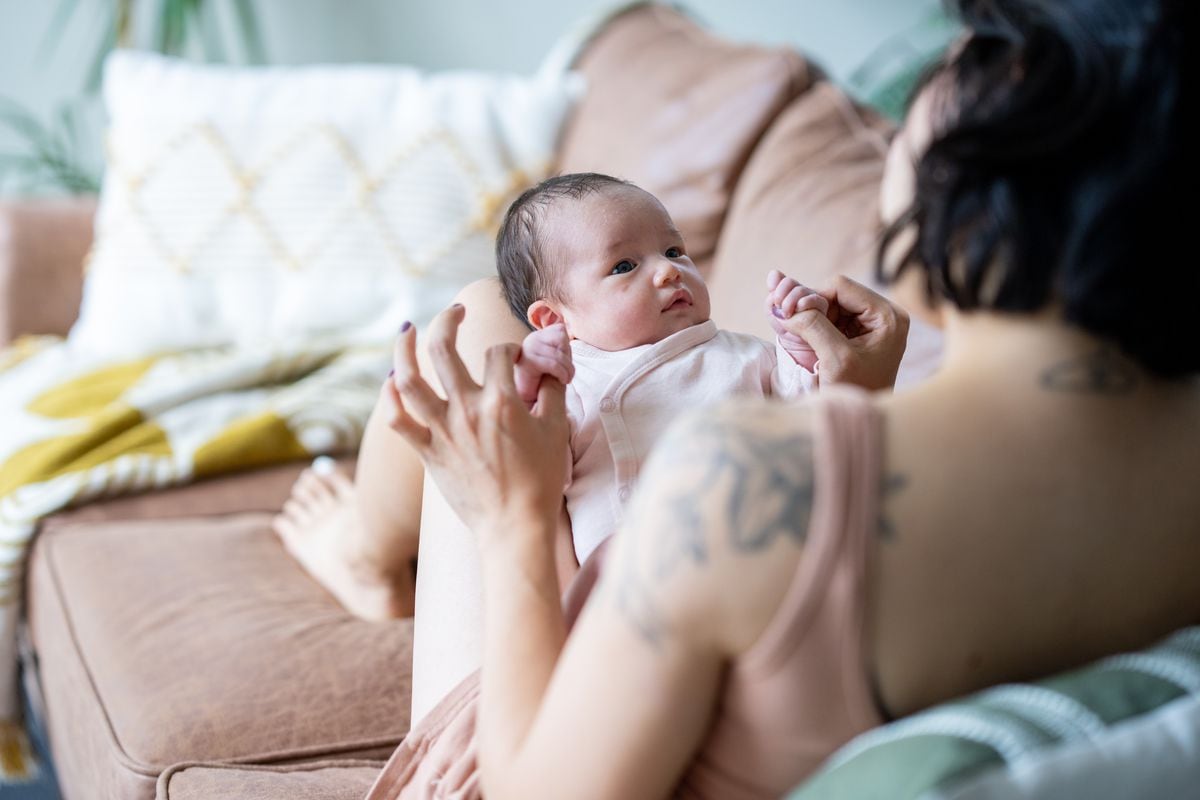The lockdown has a massive impact on children and young people.
The number of people suffering from mental illness is increasing.
Dr.
Frank Beer, chief physician of child and adolescent psychiatry and psychotherapy at the Hochried Clinic.
An interview about depression, anxiety and difficult solutions.
Murnau
- Young people are among the main victims of the corona pandemic.
There is an increasing number of learning deficits, psychological stress, developmental disorders, a lack of exercise and domestic violence.
Dr.
Frank Beer knows the consequences of what young people are currently going through.
The 52-year-old is not only the father of four school-age children, but also the chief physician of child and adolescent psychiatry and psychotherapy at the Murnau Hochried Clinic.
Young patients, especially from the region, can find help there.
Treatment is inpatient (22 beds), in a day clinic (16 places) and in an institute outpatient department, where 400 to 500 patients per year attend appointments.
In the Tagblatt interview, Chief Physician Beer speaks about the serious consequences of the lockdown for many young people - and about what parents can do for their children.
Dr. Beer, one hears from clinics and practices that the number of mentally ill children and adolescents increases in the second lockdown. Can you confirm that?
We can confirm that.
This is not only the case with us.
We have contacts with other clinics and work closely with the Heckscher Clinic in Munich, for example.
We know that there has been a dramatic increase in admissions in the acute area and that there is massive overcrowding.
We feel this ourselves in the care.
We have a lot of inquiries.
Crisis escalation, increased questions about suicidality, depressive-suicidal crises are increasing significantly.
One also has the impression that there is an increase in the severity of the disorders.
Do you have to turn patients away because they are too busy?
We try to ensure that emergencies receive at least one outpatient appointment as soon as possible.
We also prefer recordings, record quickly in the event of a crisis and do not strictly work through the waiting list.
So far we haven't had to tell anyone that we can't take it.
If we are asked supra-regionally, for example from the Munich area, from which we regularly care for inpatients, then we can no longer accept everyone.
We feel obliged to the patients regionally, we make their treatment possible - sometimes with overcrowding.
What is currently particularly bothering children and young people?
At the moment there is a mixture of many factors at play.
Structures through school, leisure time and sports clubs are completely lacking.
Everything lies idle.
Young people hardly have any options left to organize their day according to their usual habits.
Many people reach their limits when it comes to homeschooling.
It presupposes more personal responsibility on the part of the students, the contact with the teacher is missing or is significantly less.
Online lessons are by no means a substitute for face-to-face lessons (face-to-face, editor's note).
Many parents are providing enormous support at the moment and are reaching their limits.
I have four school-age children myself at home.
So you know what you're talking about here. . .
Yes.
We reach our limits or are already over, my employees feel the same way.
I have a lot of doctors, psychologists, educators who have children at home who need schooling.
It's extreme what kind of challenges this poses to parents.
Not all can guarantee that.
Many students can no longer keep up in class.
The other is the social contacts with peers, which are one of the most important factors in development and which are now missing.
External structures that have educational and control tasks are also breaking away: School social workers and school psychologists no longer have any contact in the narrower sense with the children and young people.
We know that families are nervous and that domestic violence, which existed before, is increasing.
You mentioned depression and suicidal thoughts. What else is the suffering of young people?
It's complex.
Depression and suicidality are clearly noticeable.
We see that every day.
We are assuming an increase here, as I've heard from other clinics.
There are data showing that the psychological stress among children and adolescents has increased significantly.
We are seeing more and more anxiety disorders.
Between 10 and 20 percent of all children suffer from anxiety disorders, which often mean that they no longer go to school.
That is increasing.
There are also other fears: worries about the family or about being infected, which re-triggers the already existing basic fear.
Politicians have discussed a lot, for example about opening hairdressers and shops. Has children and young people been forgotten about for too long?
It is difficult to position yourself politically.
We know that the course of the disease (with a corona infection, editor's note) is weaker in children and adolescents.
That is a very difficult trade-off: How do I protect vulnerable people in society, and what consequential damage do I possibly cause through this protection?
I don't want to be in the shoes of those who have to decide that.
But it is true that, from the perspective of child and adolescent psychiatry, we see that the damage that occurs is eminent and that the well-being of children and families should come more into focus there.
I would like that.
How can parents psychologically support and strengthen their children in lockdown?
It is important that parents do not get caught up in the process themselves.
Many are overwhelmed and reach their limits.
Children feel that.
It is important to establish security, reassure the children, try to support them as much as possible, and be realistic about the possibilities.
It is rather unrealistic that we stick to school material.
So what are the basics that we need to focus on so that there are no gaps?
An exchange with teachers would also be useful for school material.
Essentially, it is a matter of parents providing their children with the framework so that they can at least live at home protected and in a safe environment so that fears are not aggravated, and soothe them.
But of course it is difficult to give clever advice - I know that from my own experience: You really come up against your limits.
This would help to see more clearly what parents are doing at the moment.
When should parents get professional help?
Most parents have a very good sense of how their children are doing.
If the child becomes sad, if it withdraws, you can no longer get close to the child and it is very closed - these would be warning signals, for example.
You can cry or reach your limits.
But if you notice: the child is very depressed, they just retreat to their room - these would be very important signals that should make you remember that there may be a greater psychological burden.
On Monday, Bavaria's primary school students start alternating classes. How important is this opening for the children?
Absolutely important.
The children need school again.
We need opening scenarios.
It is the highest level that at least the youngest, the elementary school children, can go to school again.
There are now concepts for the final classes and for the little ones.
But those in between still have no opening perspective.









